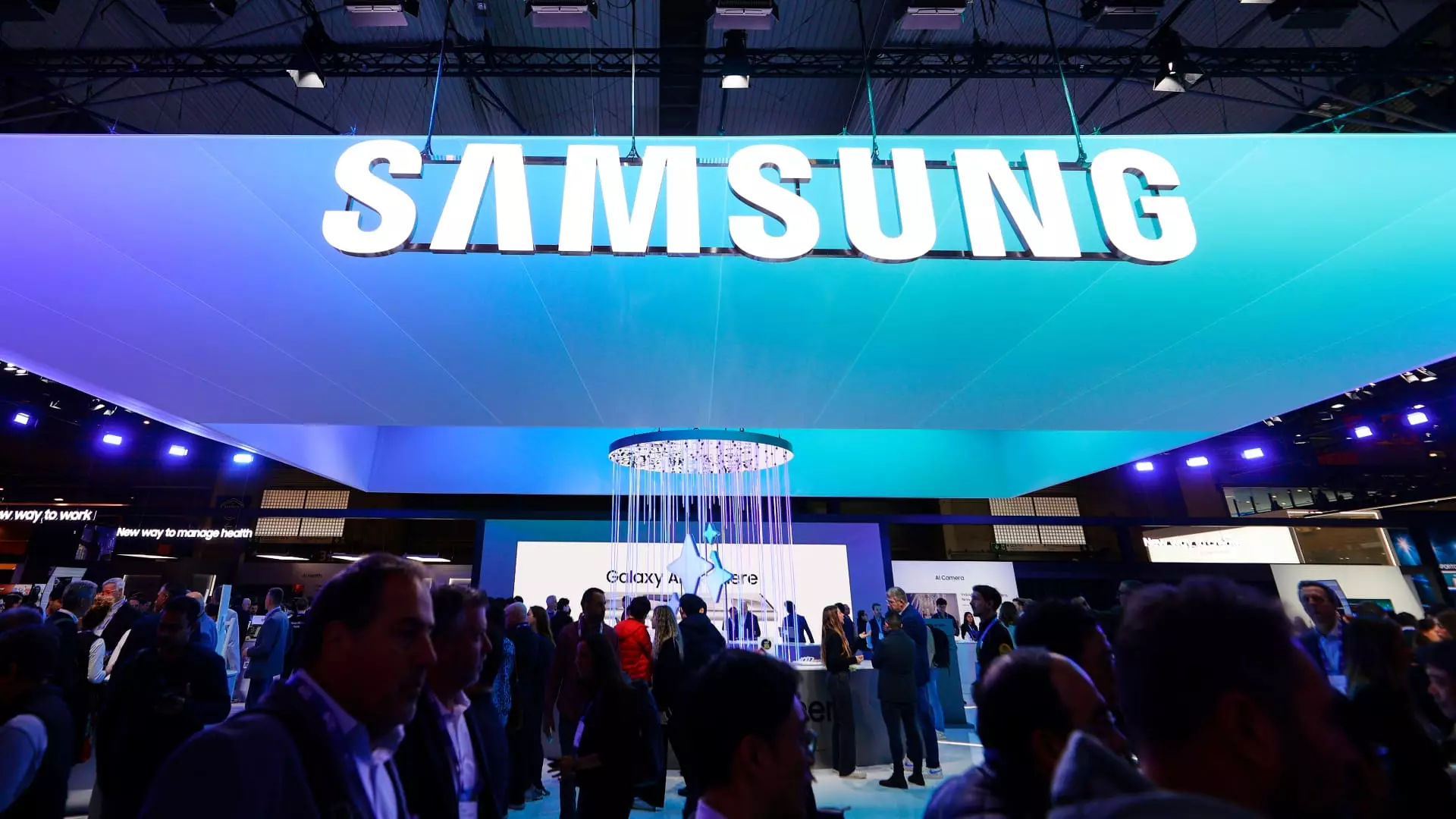The recent surge in Samsung Electronics’ stock price to its highest level since January 2021 may not be solely attributable to the explosive demand for artificial intelligence. While the company did report better-than-expected profits for the second quarter and cited increased demand for generative AI as a contributing factor, other aspects of the business may have also played a role in the stock price jump.
Samsung’s business, particularly as the world’s largest memory chip maker, faced challenges in 2023 due to a slump in demand for memory chips and electronics following the Covid-19 pandemic. However, with memory chip prices rebounding last year, the company has seen a resurgence in its business. These memory chips are essential components in consumer devices like smartphones and computers, contributing significantly to Samsung’s bottom line.
One aspect that may be holding Samsung back is the delayed production of high-bandwidth memory (HBM), crucial for AI chipsets in high demand. Despite the increased interest in AI technologies, the company’s lag in HBM production may hinder its ability to capitalize fully on this trend. This delayed qualification for use in Nvidia’s AI processors could be a missed opportunity for Samsung to further cement its position in the AI market.
While Samsung may be facing challenges with HBM production, its significant market share and capacity in the memory chip industry have allowed the company to maximize profits through higher average selling prices (ASPs). This profitability may help offset any setbacks from delays in HBM production and qualification for Nvidia’s AI processors. However, relying solely on memory chip sales may not be a sustainable long-term strategy for Samsung as the technology landscape continues to evolve.
Looking ahead, Samsung is expected to release detailed second-quarter results later this month, providing a more comprehensive view of the company’s financial performance. While the current stock surge is a positive development, Samsung must address the challenges in HBM production and secure partnerships with key industry players like Nvidia to ensure its competitiveness in the AI market. Failure to do so could limit the company’s growth potential and expose it to risks from shifting market dynamics.
While Samsung Electronics’ stock surge can be attributed in part to the increasing demand for AI technologies, it is crucial for the company to address its delayed HBM production and qualification for Nvidia’s AI processors to sustain its growth trajectory. By focusing on innovation, strategic partnerships, and diversification beyond memory chips, Samsung can position itself for long-term success in the rapidly evolving tech industry.

